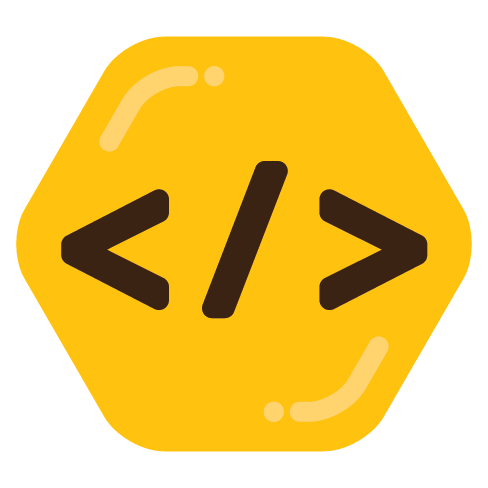

I think your opinion is disrespectful towards artists. It implies that they don’t deserve to be compensated for their work and consequently that their profession is less worthy. Why art specifically? What sets their product apart from other goods?


I think your opinion is disrespectful towards artists. It implies that they don’t deserve to be compensated for their work and consequently that their profession is less worthy. Why art specifically? What sets their product apart from other goods?


+1 for Lazygit. It doesn’t cover all of my needs so I have to use the CLI for a few small things, but for 99% of your typical git usage this tool is such a gift.


deleted by creator


Weird scheme but at least high number good.
You can do something similar without any addons. Firefox allows selection of multiple tabs at once out of the box, and you can have it create bookmarks for this selection. You can then have it open all bookmarks in a bookmark folder at once.


Endless Space 2


Not really, I just miss some of the subs that I used to frequent. Most of them already exist somewhere in the Fediverse and just need to gain some traction. The other thing I miss is my app, RedReader, but the author has plans to extend it to support Lemmy or similar in the future so I’m good.
I don’t know about France. I live in one of your neighbouring countries and as a graduate or even undergrad software dev you won’t have a hard time finding a job that pays 60k+. 80k+ is rare but definitely also exists.
Edit: And yea all of these are pre tax obviously. The cost of living is also quite high though. For example in some places over here rent for even a small flat is 1k or more.
I wasn’t worried about nutomic and you. We all appreciate what you guys are doing for us ex Redditors seeking a new platform, even more so that you are willing to sacrifice so much personal comfort just to bring joy and entertainment–two luxury goods–to all of us. Most people seeking a job are not in it for ideals though, so it’s not completely unreasonable to think that you might need to compete for your work force by offering salaries comparable to what’s common in your market.
Even if you spend all of that on salaries and everybody earns the same, 4k€/month for a software dev job for example seems low in central Europe. That’s not even 50k a year. Some companies offer between 60 and 80k for entry level positions. You need closer to twice that much to be remotely sustainable with 7.


The language itself is very easy to get started with (like Typescript) and it’s widely supported, but the developer experience of writing Python is hands down terrible. I thought that it was a good idea to recommend languages that take you by your hand when you get your toes wet for the first time and Python does not do that at all. For example, since it’s interpreted without any meaningful upfront processing, any kind of error in your code will only reveal itself when the interpreter actually tries to execute the portion in question. This can become annoying very quickly, especially if you’re learning by doing / through trial and error.
In my opinion Python is an incredibly potent tool for seasoned developers, but despite its easy syntax and forgiving semantics I don’t think it is a good idea for beginners to use it for anything beyond a basic “hello world” application.


It enables incoming connections for devices in a NAT (i.e. for devices that all share the same IP address like in a VPN for example). Say your iPhone and your Laptop are both using your local wifi, then they both share the same public IP of your router. If I try to reach your laptop specifically, I have no way of telling your router to send my request to your laptop instead of your iPhone or the router itself. You can now tell your router to forward port 80 for example to your laptop specifically, so if I send a request to your public IP address on port 80, the router knows to forward it to your laptop.
Without port forwarding, only your PC can open connections to servers and only then can servers send data back to your PC (because the router keeps track of open connections and “temporarily” forwards the port of your open connection to you).
If you wish to run a website for example, you need to have ports forwarded. And torrenting works a lot better with it as well because people can contact you to send you the data you’re looking for. Otherwise you’d have to ask everybody by yourself, so to speak. And it’s more effective to “leave a note” for others to find and then contact you based on, because some of the peers might not want to be contacted or don’t have forwarded ports themselves.
Getting a bit more technical, “ports” are a transport layer (layer 4) concept. Other protocols may use different addressing schemes on top of the IP addresses, but most common ones like TCP and UDP for example use ports.


Linus is just such a treat. Love the guy.


If you decide to give it a go, I’d recommend starting either with Typescript or with Kotlin. They’re both very easy to learn. Kotlin is more powerful and the compiler error messages might be more helpful (I’m not too sure) but it has to deal with some leftover Java boilerplate in exchange.
C# may also be worth considering but I have never used that at all.
I see, thank you!